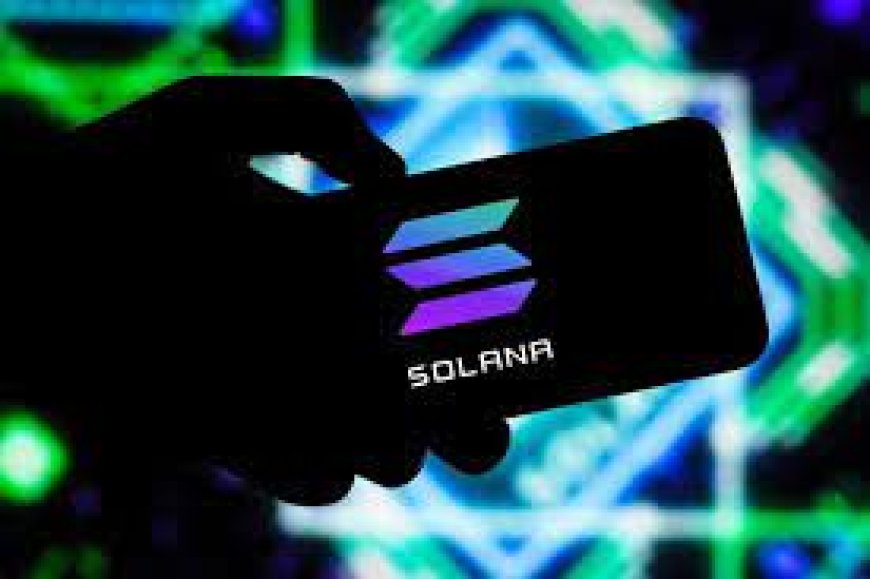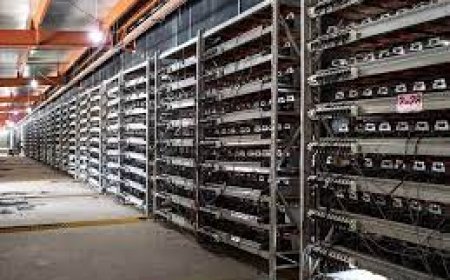Solana Proposal to Cut SOL Inflation by 80% Gains Limited Support from Validators
Solana Proposal to Cut SOL Inflation by 80% Gains Limited Support from Validators

If approved, the proposal could significantly reduce the SOL inflation rate, potentially increasing the token's value.
Key Points to Know:
- The Solana proposal, SIMD-0228, aiming to significantly reduce SOL's inflation rate, has received votes from only 55% of validators, with 37.8% voting in favor.
- The proposal suggests a market-based token emission mechanism, which could benefit Solana-based decentralized finance and enhance liquidity in on-chain SOL markets.
- If approved, the proposal could reduce SOL's inflation rate from 4.5% to around 0.87%, potentially increasing its value, but it may also push smaller validators out, raising concerns about network decentralization.
The Solana proposal, SIMD-0228, which could significantly reduce SOL's inflation rate, had the support of 37.8% of network validators at the time of writing.
According to Dune Analytics, 746 validators, or nearly 58% of the total 1,334 active validators, had voted on the proposal. Of those, 37.8% voted in favor, 18.5% opposed it, and 1.2% abstained. As of now, the proposal appears to be headed toward failure, with voting set to close at Epoch 755, which is expected to be reached in about 11 hours.
The proposal advocates for a market-based token emission mechanism to ensure the network doesn't overpay for security, aiming to positively impact Solana-based decentralized finance and increase liquidity in on-chain SOL markets.
"Since 2023, the Solana network has undergone a significant transformation. Back then, on-chain volumes were often under $100 million daily, reflecting limited activity. Today, the ecosystem consistently achieves billions in daily on-chain volume, marking a dramatic shift. Given this progress, we believe now is the right time to reduce the inflation rate in line with SIMD-228," said Logan Jastremski, co-founder and managing partner at Frictionless Capital, on X.
According to some estimates, the proposal could reduce SOL's inflation rate from 4.5% to approximately 0.87%, an 80% decrease.
Tagus Capital anticipates that this change could have a positive effect on SOL's price.
"If approved, it would significantly cut staking rewards and the supply of new SOL, potentially boosting its value. However, lower rewards could push smaller validators out, raising concerns about network decentralization," the firm stated in its newsletter on Thursday.
What's Your Reaction?
 Like
0
Like
0
 Dislike
0
Dislike
0
 Love
0
Love
0
 Funny
0
Funny
0
 Angry
0
Angry
0
 Sad
0
Sad
0
 Wow
0
Wow
0






































































